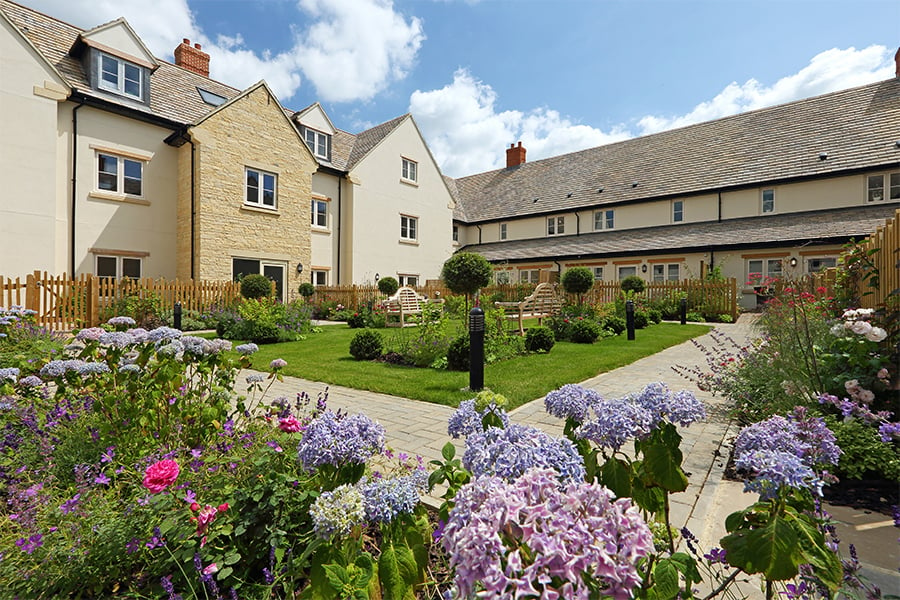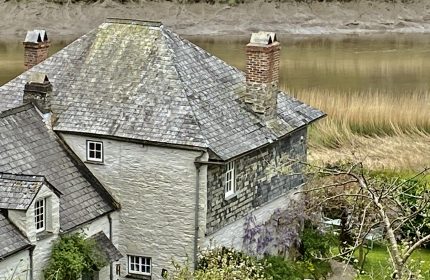Five tips for buying a retirement home
Retirement is a time to embrace new experiences, and for many, that includes finding the ideal retirement property.
Whether you’re seeking a peaceful retreat, a vibrant community, or a combination of the two, purchasing a retirement property requires careful consideration and planning. Discover our five essential tips to help you ensure your next home meets all your needs.
1. Think carefully about what you want.
Do you want an apartment or a house? As we age, it’s sensible to buy a property that’s near local facilities – but would you prefer to be in a more rural location or close to the centre of a vibrant market town? Think about how soon you want to move. Speak to an estate agent and get an idea of what your own home is worth – then you’ll know how much you have to spend on a new home.
2. Spend time doing your research.
When you’ve decided what type of retirement property would best suit you, do as much research as you can. Get family and friends to lend a hand. Consider each location carefully. Is it somewhere you’d enjoy living? What facilities are there on the development and in the area? Once you’ve done some research, make a short list of properties that you’d like to view.
 3. Prepare a list of questions.
3. Prepare a list of questions.
If you prepare a list of questions before you visit one of the developments or properties on your shortlist, you won’t find that you get home and think ‘I should have asked about that.’ The most important questions are:
- How much will it cost to live here? What are the service charges and what do they include? Are there any other costs?
- Are there any exit fees? Exit fees also called transfer fees or deferred management fees mean that if you sell, or if your family sell one day, they will have to pay a fee – which can range from 1% to 20% of the value of the property. Some developers, like Beechcroft, do not charge exit fees.
- Are pets allowed? Some developments do not permit pets – but if you already own a dog or cat, you certainly won’t want to part with it or you may want to acquire a pet now you’re retired.
- Is there a Manager on site? Having an Estate Manager on hand makes it so much easier to relax into retirement – and there’s always someone to keep an eye on your home when you’re away.
- What is included in the sale price? Are carpets/floor coverings and integrated kitchen appliances included in the price?
- Does the developer offer any assistance with your move? Some developers like Beechcroft provide a variety of schemes that make your move easy and even help with selling your current home.
- Are there any communal facilities? A residents’ lounge, a guest suite for visitors, a landscaped setting? You can also ask what the community is like, and whether they feel your new neighbours are likely to share your values.
 4. Visit the developments on your shortlist.
4. Visit the developments on your shortlist.
Do try to take someone with you, a friend or a family member. If there’s a show home, you’ll be able to appreciate the space and the proportions, the quality of the fixtures and the fittings and the landscaped setting. It may also offer you the chance to meet people already living there.
5. Work out your finances.
You’ll already have gained a rough idea of what your current property will sell for, so as soon as you have found a retirement property that you like, you’ll need to work out how much you’ll have left once you have paid estate agent fees, legal fees and removal fees – and stamp duty.
Discover Beechcroft Developments’ latest properties >

ADVERTORIAL




















